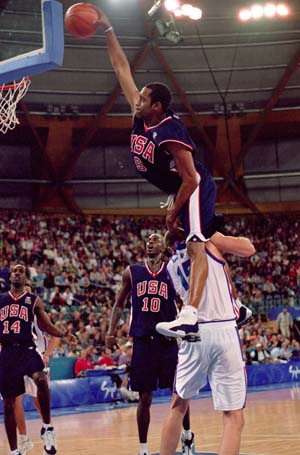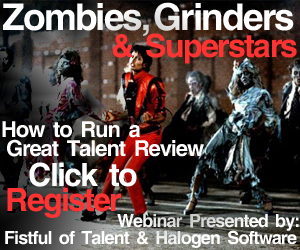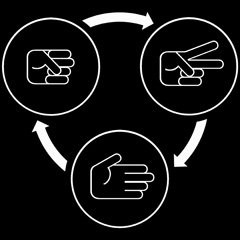VIDEO: Rebranding Diversity
We love, love the employee referral as a source of finding that next great hire.
We've heard the reasons a million times why referrals are such a great source of new talent. Namely that existing employees are the ones that truly understand the culture and the work, so they are able to know who in their networks would be a fit. The people they are referring in to the company are usually friends or close business acquaintances, and the employee will want them to succeed and as such, will make more careful referral decisions. Finally, the referrals themselves and how they perform if hired, are a reflection on the judgement of the referring employee, again underscoring the motivation of the employee to make good referrals.
All solid, probably valid reasons. The sometimes considered downside of relying too heavily on the employee referral source? That the organization continues to bring in people too similar to the people it already has in place. That a kind of circular process of hiring people from the same backgrounds, locations, or general sets of experiences takes hold, since, it is often thought, existing employees tend to refer in people that are kind of like themselves. They think, logically I suppose, 'I'm doing pretty well here, and Joe Boggs is just like me, so I be he'll succeed here too.'
While that kind of potential detrimental effect of too-heavy a reliance on referral programs is commonly explained or rationalized away by statements like, 'Our employee population is very diverse, as long as we are sourcing referrals from a large cross-section of staff, we will not have a problem at all', still it seems like the kind of potential negative effect that can end up causing real, long-term problems for firms, and even entire industries.
But don't take my word for it, spend some time this weekend watching the video below, (email and RSS subscribes click through), titled 'Rebranding Diversity: Colorblind Racism Inside the U.S. Advertising Industry', a presentation overview of the doctoral dissertation of Christopher Boulton.
Doctoral Defense from Christopher Boulton on Vimeo.
In the video, Boulton examined the perceived and observed lack of diversity at the executive levels of the U.S. Ad industry, offers some recommendations for the industry to begin to make the kinds of changes needed to address this problem. Chief among Boulton's recommendations is to significantly reduce the importance and use of various employee referral schemes that have, over time, continued to foster a climate that lacks diversity, particularly in the managerial and executive ranks.
Certainly the use of employee referral schemes was not the sole reason for Boulton's overall findings, but these programs, and how they were administered were definitely a contributing factors. The study presents a good reminder that even the best-intentioned plans can sometimes have negative consequences, and that we need to regularly validate our gut feelings with some solid data.
Have a Great Weekend!

 Steve
Steve



